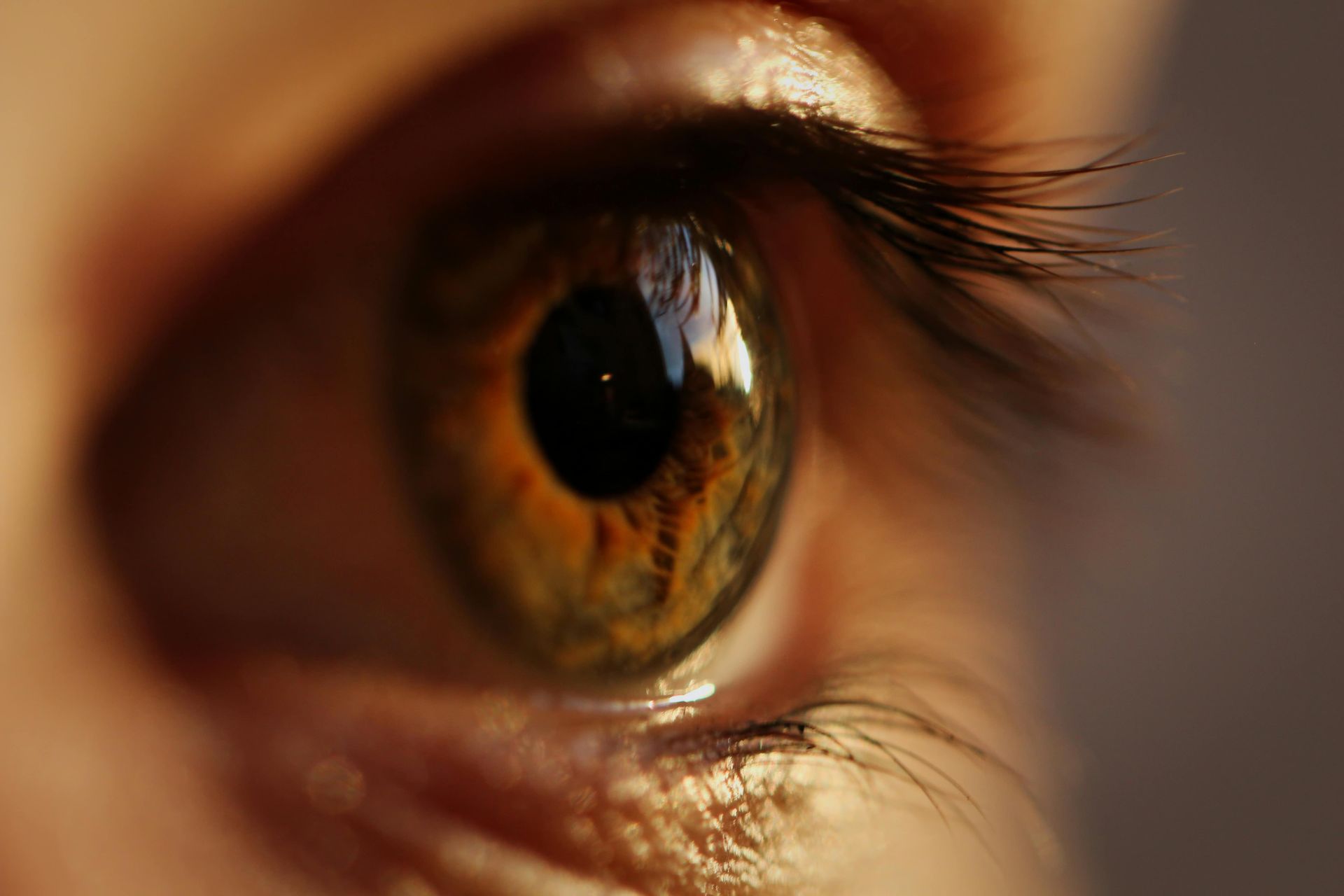
TREATMENT
RETINAL DETACHMENT TREATMENT
A detached retina describes a condition in which the retina comes away from its supporting tissues at the back of the eye. The retina is a thin layer of light sensitive nerve cells and a healthy retina is imperative to clear vision. Retinal detachment can occur due to damage, trauma or injury, inflammation or structural changes to the eye that occur over time.
Symptoms of retinal detachment may include; sudden flashes of light in the peripheral vision (outside of the central field of vision), a sudden increase in floaters (black strand like debris in the field of vision that appear to be floating and are particularly noticeable when looking at a plain surface), shadowing of the peripheral vision that appears to be moving toward the central field of vision and a sensation that a semi transparent curtain is covering / impairing the vision.
Depending on the type and severity of retinal detachment, the appropriate type of surgery required will vary. In essence, all retinal detachment surgery aims to repair holes or tears in the retina and / or traction or pulling. The outlook for retinal detachment surgery is very good, with 90% of cases being successfully at the first operation, but time from symptoms to treatment is crucial, so don’t delay.
DEPENDENT ON TREATMENT
DEPENDENT ON TREATMENT

RECOVERY
ANAESTHETIC
LONG TERM

DURATION
DEPENDENT ON TREATMENT
TIME TAKEN


TIME TAKEN
DURATION
ANAESTHETIC
RECOVERY



DEPENDENT ON TREATMENT
LONG TERM
DEPENDENT ON TREATMENT
DEPENDENT ON TREATMENT
Symptoms of retinal detachment may include; sudden flashes of light in the peripheral vision (outside of the central field of vision), a sudden increase in floaters (black strand like debris in the field of vision that appear to be floating and are particularly noticeable when looking at a plain surface), shadowing of the peripheral vision that appears to be moving toward the central field of vision and a sensation that a semi transparent curtain is covering / impairing the vision.
Depending on the type and severity of retinal detachment, the appropriate type of surgery required will vary. In essence, all retinal detachment surgery aims to repair holes or tears in the retina and / or traction or pulling. The outlook for retinal detachment surgery is very good, with up to 90% of cases being successful.
LEARN MORE ABOUT RETINAL DETACHMENT TREATMENT
QUESTIONS ABOUT RETINAL DETACHMENT TREATMENT
-
How is retinal detachment diagnosed?
Your ophthalmologist will carry out a full health check of your eyes if you present any of the aforementioned symptoms.The pupils will be dilated using drops and then examined. They may also choose to take a scan of the eye by way of ultrasound or optical coherence tomography.
-
Will I go blind if I have retinal detachment?
If left untreated, blindness or vision loss is almost certain. Retinal detachment is treatable by surgery, so if you suspect you may have a detached retina, contact REAL today.
RELATED TREATMENTS
WOULD YOU LIKE A LITTLE EXTRA HELP?
If you’re not sure what treatment you need, or you would just like a chat to get some advice, give our team a call or drop us a message and we’ll be happy to help.






